The views expressed in our content reflect individual perspectives and do not represent the authoritative views of the Baha'i Faith.
Like poet and artist and civil rights activist Maya Angelou, I grew up in Stamps, Arkansas.
My father was Maya’s grandmother’s doctor. The striped railroad tracks separated the black and white races in our segregated town. A third race – the “powhitetrash” – lived in the half-light between them.
Yet, all races now repose in Lakeside Cemetery facing peaceful Lake June, the same lake on the “wrong” side of the tracks where Negro spirituals still accompany the complete immersion black baptisms, a lake perfumed by the humid summer heat with the sounds of crickets, the motion of squirming crayfish, and the torments of invisible ticks, fleas, mosquitoes, and chiggers. The beauty of plentiful roses, azaleas, and magnolias compensates for the bugs.
Located in Lafayette County, Stamps takes its name from an early settler, Hardy James Stamps. The town boasted only one general store on its black side, the Wm. Johnson General Merchandise Store. It was owned and run by Maya’s paternal grandmother, Mrs. Annie Henderson, and became the principal daily meeting place for local socializing and business in the black district.
After her parent’s divorce Maya arrived in Stamps from Long Beach, California, with her brother, who was a year her senior. She was only three years old, born on the heels of the Great Depression. The once-thriving sawmills and lumber business that sustained Stamps, approximately seven years before I arrived there as a newborn, would never recuperate.
The Johnsons – Maya’s grandmother, her crippled Uncle Willie, her brother Bailey and herself (Marguerite Annie Johnson) – all lived at the back of the store. “Momma”, as she was called, rose at 4 a.m. to pray and prepare for the day’s work, selling lunches to the lumberjacks at the saw mill (east Stamps) and the pickers at the cotton gin (west Stamps), as well as selling supplies and dishing out her homespun wisdom to customers in need. That upbringing by Maya’s grandmother, and her early life in Stamps, helped to mold Maya’s spiritual and moral character and inculcated her love for classical literature.
With a population of just over two thousand souls, Stamps had a majority of the working class as farmers, cotton pickers, tradesmen, lumberjacks, and oil-gas workers. Most others were just plain poor. Tomatoes, watermelons, cantaloupes, and other mouth-watering home-grown goodies would be traded for services when money was in short supply, which was often. Life seemed simple, but never easy. I remember my maternal grandmother churning butter on her back porch. Houses were wooden and modest, sometimes built up on stilts to keep them cool and to keep the snakes out.
Nearly all of Southern life was segregated, including schools and churches, even after the Central High School race riots in Little Rock in 1957. But despite the segregation, both blacks and whites took education seriously there. We learned our moral education at home and at church–a disciplined upbringing, honesty, hard work, respect for elders, truthfulness, striving for a better life, and a Christian faith.
This small town, because of its lack of distractions, actually benefitted the serious-minded. In Stamps, during Maya’s return there after a hiatus in St. Louis (where she was raped and became mute because of the guilt she suffered when her rapist was killed), Maya fell in love with Shakespeare, her first “white” love. Other authors she enjoyed included Kipling, Poe, Thackeray, Butler and Langston Hughes. She credited a black teacher, Beulah Flowers, as responsible for her new love of literature, which eventually resulted in her being able to speak again after several years of “mutism”.
Stamps had no black doctor and no black dentist, which meant that black people often came to the white side of town. Racism being thick, Maya famously joked that blacks could only eat chocolate ice cream in her hometown, not vanilla.
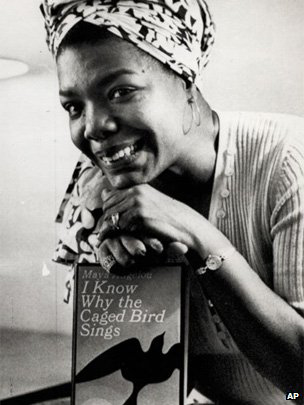 The upstanding, proud Southerners of Stamps took their religion seriously. Each race – except the “powhitetrash” – had their own place of worship, which included Episcopalians, Presbyterians, Baptists, Methodists, etc. I don’t remember any Jews, Buddhists, humanitarians or non-conformists–but fellow believers, black or white, often were called “Brother” or “Sister”. Maya was raised with respect for the Lord. Once, upon using the term ‘By the way”, she was corporally punished by her grandmother, who interpreted the phrase to mean that Maya was referring to the ‘way of the Lord’ and to use such an expression was tantamount to taking the Lord’s name in vain.
The upstanding, proud Southerners of Stamps took their religion seriously. Each race – except the “powhitetrash” – had their own place of worship, which included Episcopalians, Presbyterians, Baptists, Methodists, etc. I don’t remember any Jews, Buddhists, humanitarians or non-conformists–but fellow believers, black or white, often were called “Brother” or “Sister”. Maya was raised with respect for the Lord. Once, upon using the term ‘By the way”, she was corporally punished by her grandmother, who interpreted the phrase to mean that Maya was referring to the ‘way of the Lord’ and to use such an expression was tantamount to taking the Lord’s name in vain.
I must have been the first person to become a Baha’i in Stamps. In the atmosphere of Southern bigotry and racial distrust, this act of joining a Faith that teaches world unity and the elimination of prejudice guaranteed, by Bible-quoting Baptists and others, that I was “going to hell”. Many years later, I happily learned that some of my black brothers and sisters in Stamps had also become Baha’is.
Maya, through much suffering in her life, achieved greatness, not only in her spiritual life but also in her literary and artistic achievements. She was fond of saying “Love liberates”. She lived this philosophy and had experienced it with all heart and soul, with her remarkable grandmother as role model. Our little town of Stamps served as the setting for Maya’s most well-known book, I Know Why the Caged Bird Sings. Now that Maya has escaped her earthly cage, her song has become endless:
Our body is like the cage, and the spirit is like the bird. We see that without the cage this bird flies in the world of sleep; therefore if the cage becomes broken, the bird will continue and exist: its feelings will be even more powerful, its perceptions greater, and its happiness increased. In truth, from hell it reaches a paradise of delights, because for the thankful birds there is no paradise greater than freedom from the cage. – Abdu’l-Baha, Baha’i World Faith, pp. 326-327.


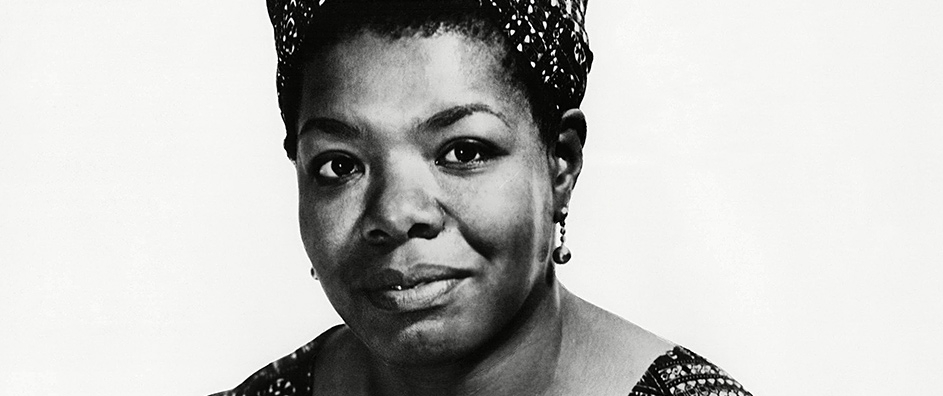
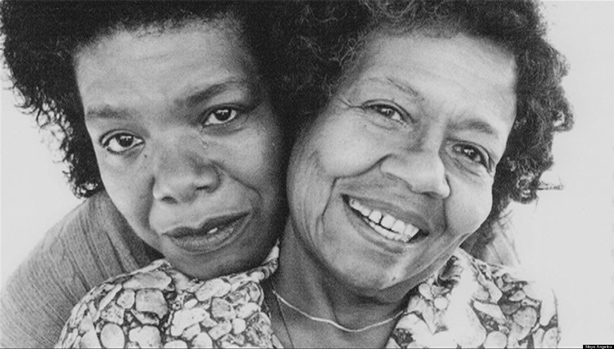
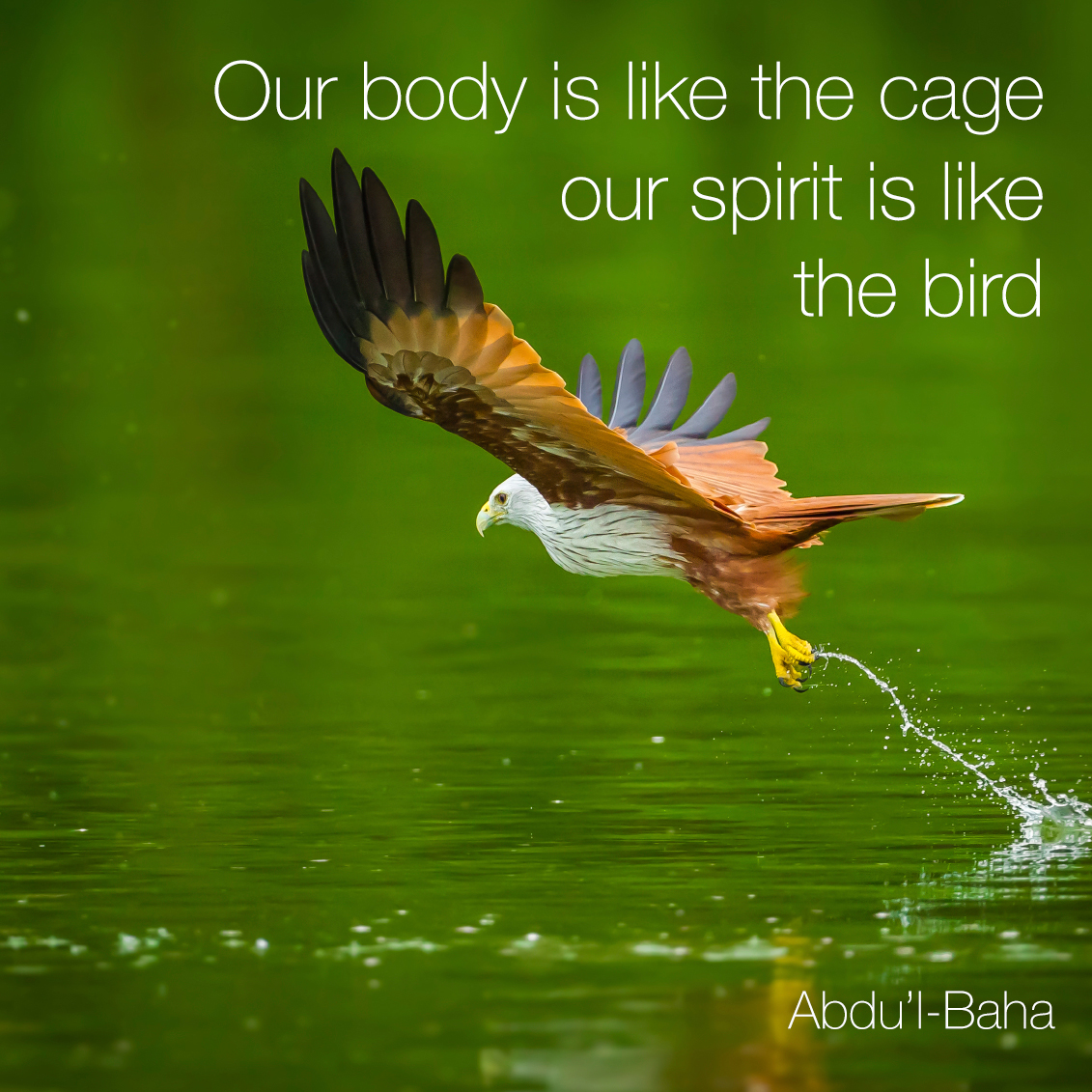
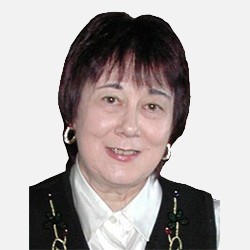












Comments
Sign in or create an account
Continue with Googleor